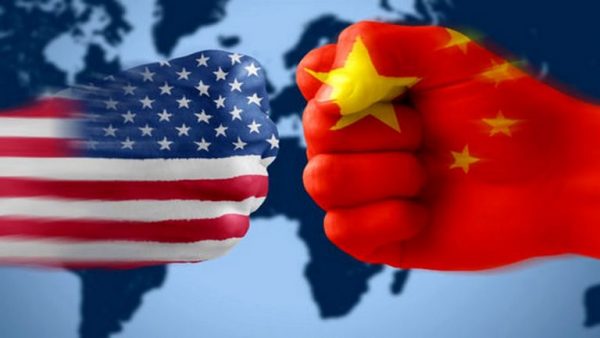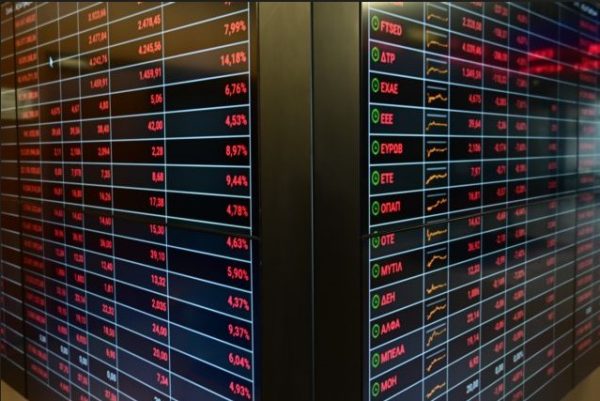Beyond the tree-planting, hand-kissing and bows, the meeting of the presidents of the US and France highlighted certain essential problems in Euro-Atlantic relations.
One of them is the chasm and differences between the two sides regarding issues on the geopolitical chessboard, chief among them the Iranian nuclear programme.
The White House meeting reminded us that alliances, as old as they may be, are largely dominated by conflicting interests, which change along with countries’ perspectives on matters.
Those interests and perspectives indicate the vicissitudes in the world, and in a particular region, the Middle East, which is quite near us.
The US President, who disagrees with the deal on Iran’s nuclear programme, clearly described that proximity when he said he does not want the Mediterranean to be a sea open 24 hours a day to Iran.
Moreover, he threatened that on 12May, the day the parties are scheduled to renew the deal, he will blow it to pieces.
An unpredictable leader, of a superpower no less, is making the world even more unpredictable.
In such an unpredictable and unstable political environment, the internal stability of a small country such as ours is a valuable asset, which is not be sacrificed on the altar of any petty partisan interest.




























